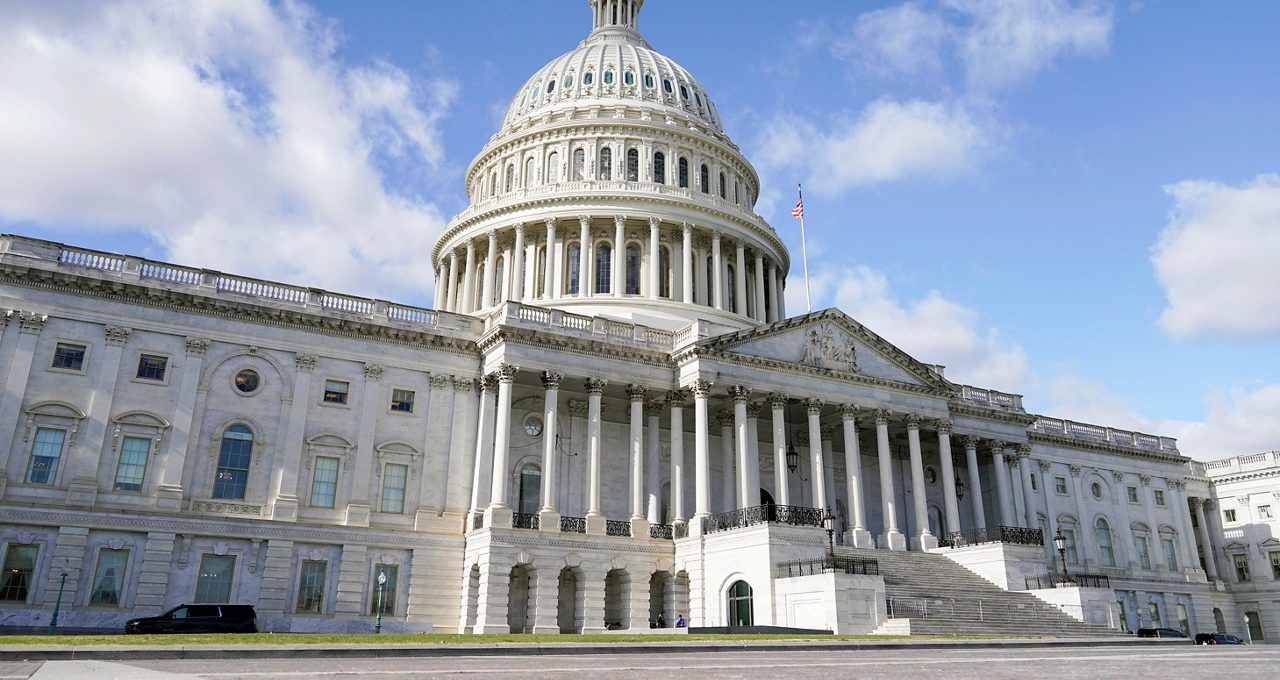With financial frauds and scams on the rise, a U.S. Senate committee heard testimony Thursday about how the federal government can work with financial institutions to help protect consumers. Frauds involving checks, peer-to-peer payments, wire transfers and cryptocurrencies in the U.S. cost $9 billion in 2022, according to the Federal Trade Commission, yet everyday Americans have few protections.
“People should be able to have an expectation that their money is safe when they have a reputable bank,” U.S. Senate Committee on Banking, Housing and Urban Affairs Chairman Sherrod Brown, D-Ohio, said Thursday. “People lose their money because payment apps and banks don’t put enough measures in place to protect their consumers.”
Scams take many forms, from individuals stealing checks out of mailboxes to using artificial intelligence to clone a person’s voice and bypass voice authentications to impersonating real estate agents to get their hands on a down payment for a home.
Representatives from consumer groups and the finance industry testified at the two-hour hearing about scams and frauds in the Senate’s Committee on Banking, Housing and Urban Affairs, where all the parties agreed on one thing.
“The evidence clearly shows it’s getting worse,” Brown said.
Fraud losses almost tripled between 2020 and 2022, with the median loss more than doubling from $311 to $650, according to the Federal Trade Commission. Fraud involving payment apps increased from $87 million in 2020 to $163 million in 2022.
The number of FTC complaints involving gift cards increased from 43,000 in 2020 with reported losses of $124 million to 48,800 complaints with losses doubling to $228 million two years later.
Depository institutions reported more than 500,000 incidents of check fraud in 2022. And in 2023, consumers lost at least $270 million in wire fraud.
But the fraudulent payment method that has seen the largest increase is cryptocurrency. Losses involving crypto payments ballooned from $129 million in 2020 to $1.59 billion in 2022 — a tenfold increase in just two years.
“We anticipate when the Federal Trade Commission reports its 2023 data, this regrettable trend will only continue,” John Breyault, vice president of public policy, telecommunications and fraud at the National Consumers League, testified. “We are not winning the fight against fraud. We need Congress to act."
Consumers who are victims of banking frauds and scams are often at the mercy of their financial institutions and the systems they have in place to combat criminal activity. While those who experience unauthorized payment fraud have some protections through the Electronic Funds Transfer Act to get their money back, fraudulent bank-to-bank wire transfers, theft of electronic benefits transfer cards and check frauds, forgeries and alterations are not covered. Nor are payments that are fraudulently induced through deception or manipulation, according to Carla Sanchez-Adams, a senior attorney with the National Consumer Law Center.
“There are no clear protections currently under federal or state law,” Sanchez-Adams testified Thursday.
Low-income communities, older Americans and communities of color are especially vulnerable to payment frauds involving all types of transactions, from bank-to-bank wire transfers to digitally processed checks, she said. Criminals are spoofing phone numbers from real financial institutions, using deep fakes and even issuing threats of violence to get consumers to initiate transactions.
In her testimony, Sanchez-Adams advocated for collective steps to reduce fraud that don’t put the entire burden onto consumers educating themselves.
Calling the current system of laws “antiquated” in an age when most people do their banking digitally, she suggested the EFTA be expanded to wire transfers, EBT cards and possibly checks.
She said financial institutions that receive fraudulent funds should also be culpable, citing a law in the United Kingdom that mandates reimbursement for victims of fraudulently induced payments be split between the consumer’s institution and the receiving institution.
She suggested a system of inter-agency cooperation that combines federal and local efforts with input from financial institutions, trade associations, consumer advocates and other stakeholders.
Paul Benda, executive vice president of risk, fraud and cybersecurity at the American Bankers Assn., echoed Sanchez-Adams in suggesting a cooperative effort that combines the forces of banks, law enforcement, regulators and other stakeholders.
Benda suggested four strategies to combat fraud, including increasing consumer education, closing regulatory loopholes to stop impersonation scams through telephone number and social media spoofing as well as more accountability among telecommunications providers.
He also suggested more information sharing between banks and law enforcement and enhanced collaboration with law enforcement and regulators.
Combatting fraud, he added, will take a partnership with banks, telecommunications firms, technology companies and the public sector working together.
Benda said the ABA had launched a new platform to make it easier for banks to resolve check fraud and has developed a new information-sharing tool to make it easier to identify financial fraud. He cautioned, however, that the banking industry needs help because fraud is too large an enemy to fight on its own.
At the hearing, ranking committee member Tim Scott, R-S.C., praised financial institutions for spending billions of dollars to develop and implement innovative technology to strengthen security. He criticized the Consumer Financial Protection Bureau for creating red tape.
“Unfounded bureaucratic regulations take resources away from financial innovation and education, both of which can help lift up the underserved and minority communities,” Scott said.
Scott said financial education and financial literacy should be the cornerstones for protecting consumers from scams and frauds by educating them about the methods criminals are using. Last year he joined forces with Senator Jack Reed, D-R.I., to pass a resolution declaring April Financial Literacy Month as part of his Road to Housing and Capital Markets framework.








